- P2016 Home « 2016
Republican Presidential
Candidates « Former
Presidential Candidates Endorse
Former Presidential Candidates
Endorse, or Not
| After a candidate has ended his
or her
own campaign, he or she may endorse another candidate in the race and
play a more or less active role in that campaign. Timing is one factor. Most of the candidates cool off for a bit before making an endorsement. Oftentimes these endorsements come in advance of an important primary as the erstwhile candidates hope their support may affect those contests however slightly. Thus former Gov. Rick Perry (Cruz) and former Gov. George Pataki (Rubio) endorsed about a week before the first contest in Iowa, Sen. Lindsey Graham endorsed Bush well in advance of the South Carolina primary but coinciding with a debate there, and Gov. Scott Walker endorsed Cruz in the lead up to the Wisconsin primary. How much impact these endorsements have varies. Rick Perry actively campaigned for Ted Cruz in Iowa and beyond. George Pataki opened an office for Rubio in New Hampshire. Lindsey Graham campaigned for Jeb Bush in New Hampshire and South Carolina; some observers suggested that Graham's organization in South Carolina might help Bush, but that did not happen to a noticeable degree. Rick Santorum, the quickest to endorse, did not help his candidate when he famously could not name any of Marco Rubio's accomplishments in a Feb. 4 appearance on "Morning Joe." Chris Christie's endorsement of Donald Trump surprised everyone and came at critical time for Trump. Trump had just been savaged by Rubio in the Houston debate and Christie's endorsement allowed him to change the story line. Like Perry, Carly Fiorina has been out on the campaign trail stumping with Cruz. Non-endorsements can be equally telling. Politico's Alex Isenstadt reported on Nov. 11, 2015 that Marco Rubio had asked Walker to endorse him; that did not happen. There was a fair bit of talk about whether Jeb Bush would endorse Rubio in advance of the March 15 Florida primary.1 He did not (and given the result it would not have made any difference). When Ben Carson suspended his campaign at CPAC on March 4, in his speech he outlined his considerations for making an endorsement, but then did not endorse. Some attendees thought he might endorse Ted Cruz then and there. A week later he endorsed Donald Trump. Notes 1. See for example: Marc Caputo and Alex Isenstadt. "Friendship battered, Bush faces pressure to back Rubio." Politico, Feb. 21, 2016. Ashley Killough. "Ahead of Florida, Jeb Bush weighing Marco Rubio endorsement." CNN, March 6, 2016. updated
April
14,
2016
|
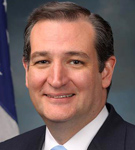 |
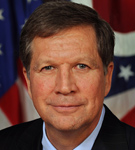 |
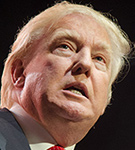 |
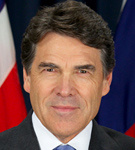 Jan. 25 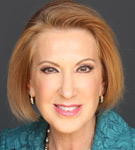 Mar. 9 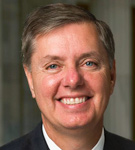 Mar. 17* 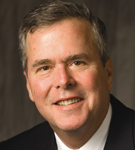 Mar. 23 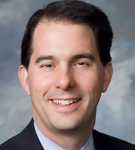 Mar. 29 |
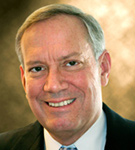 Apr. 14 |
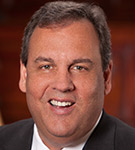 Feb. 26 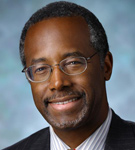 Mar. 11 |
 |
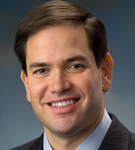 |
||
 Jan. 15 |
 Jan. 26 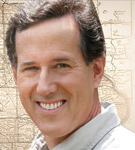 Feb. 3 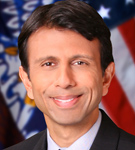 Feb. 5 |
| Yet to Endorse
(or Endorse Again) |
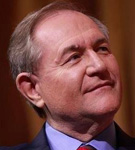 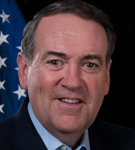 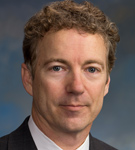 |
ADVERTISEMENT

